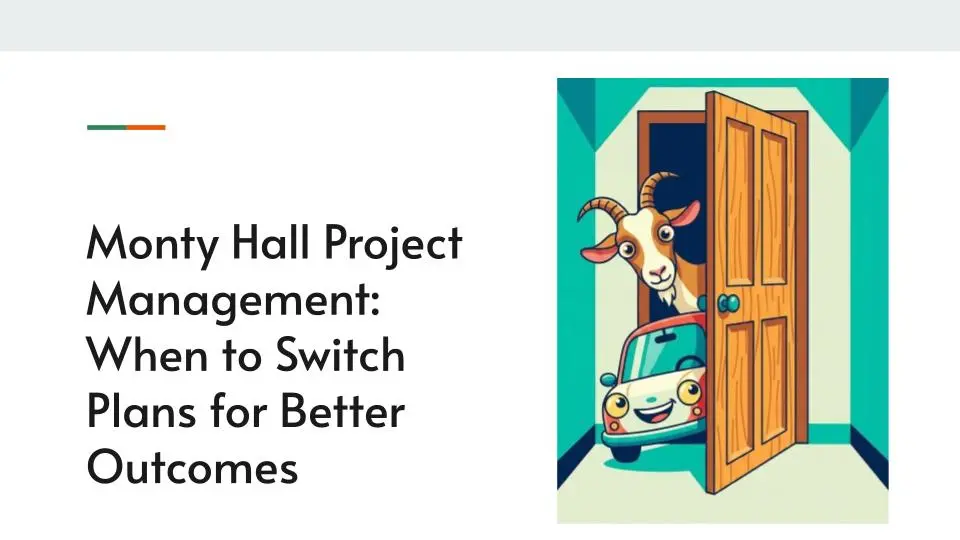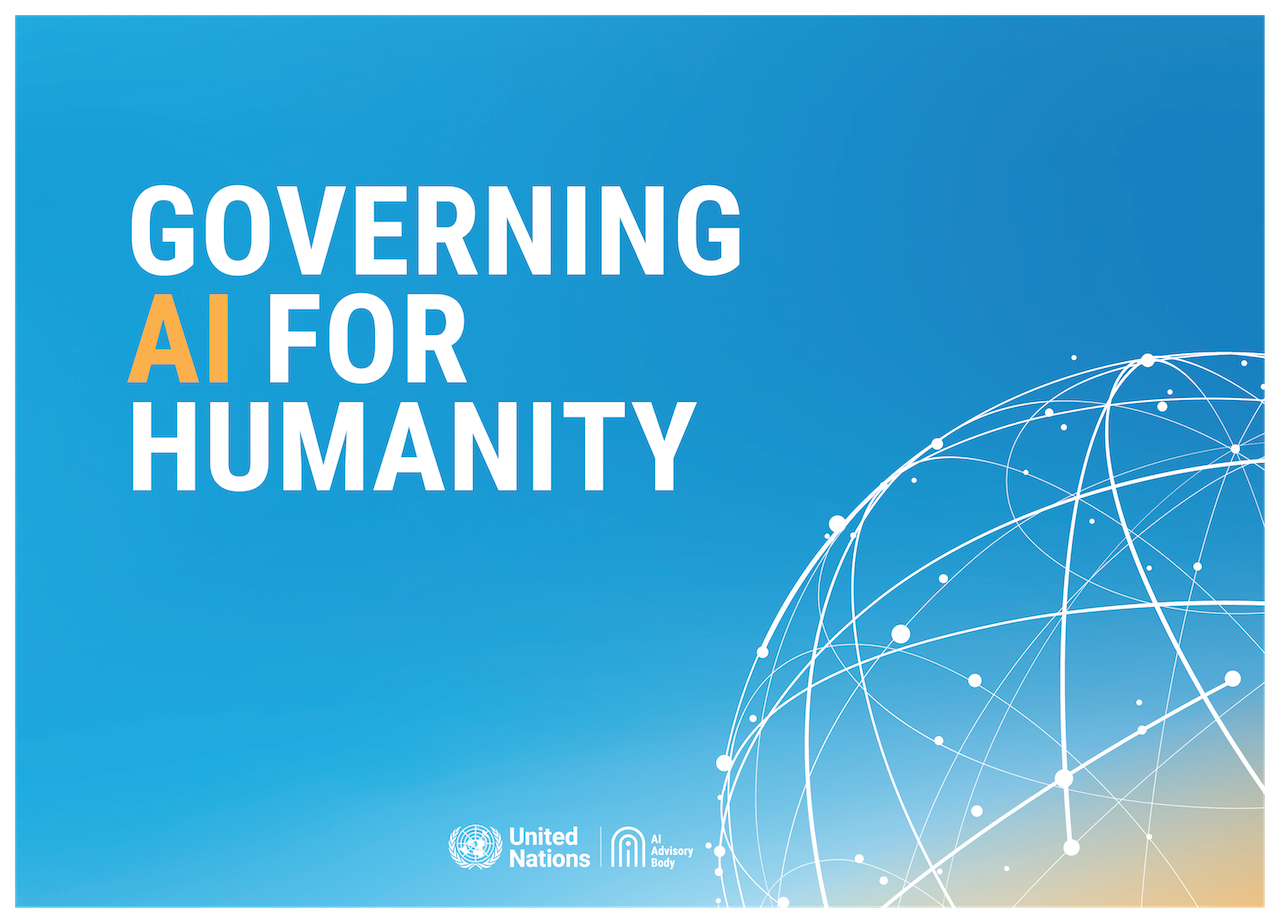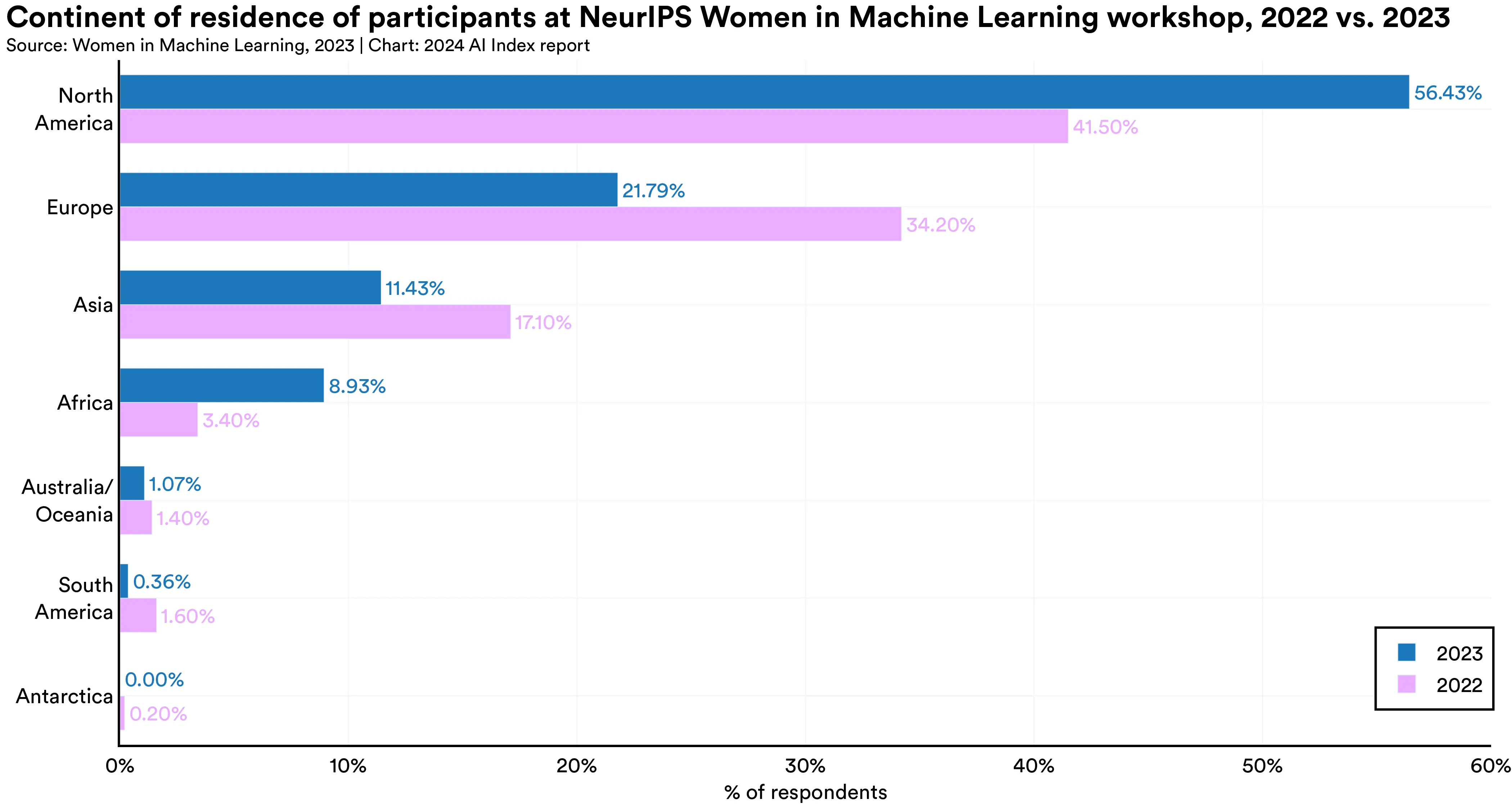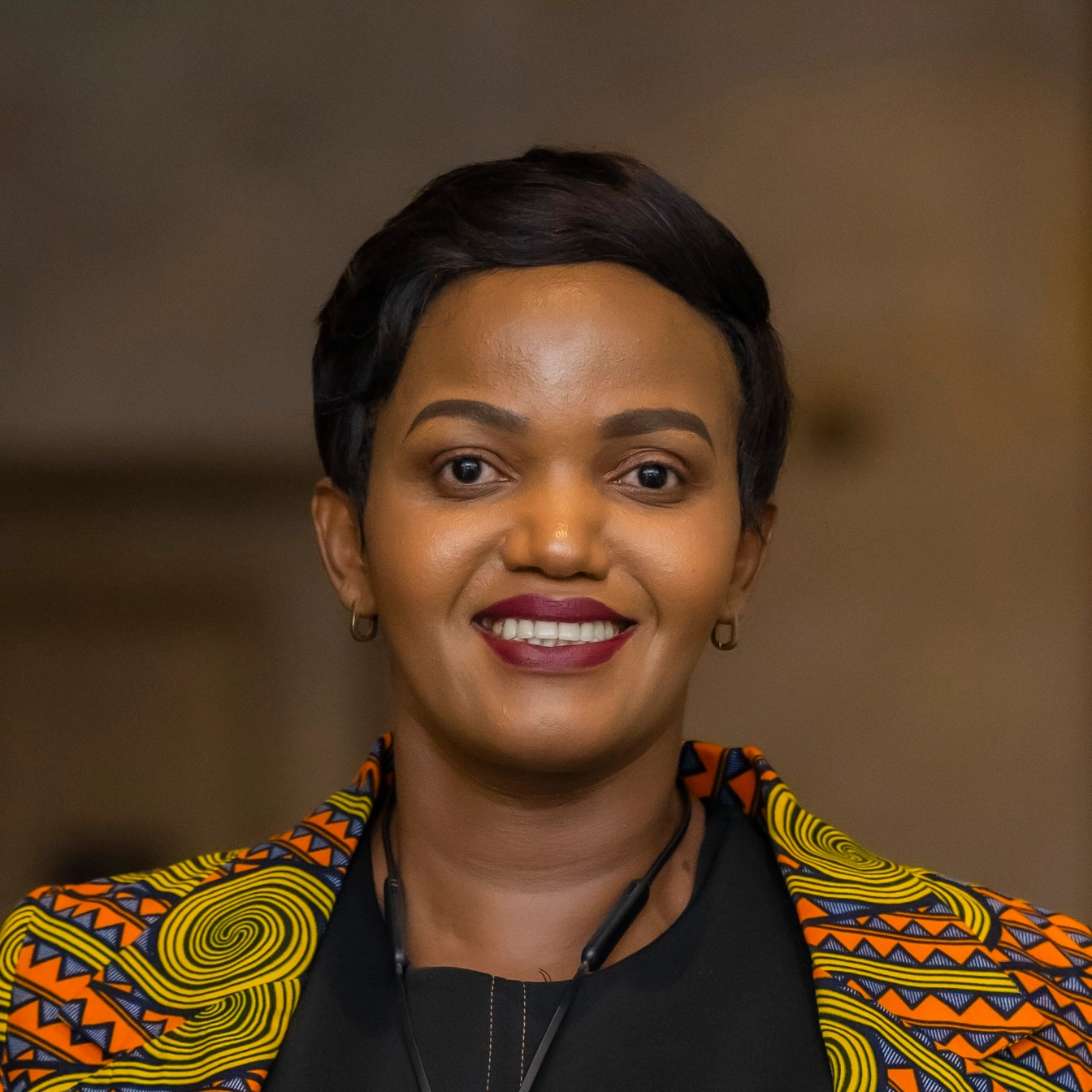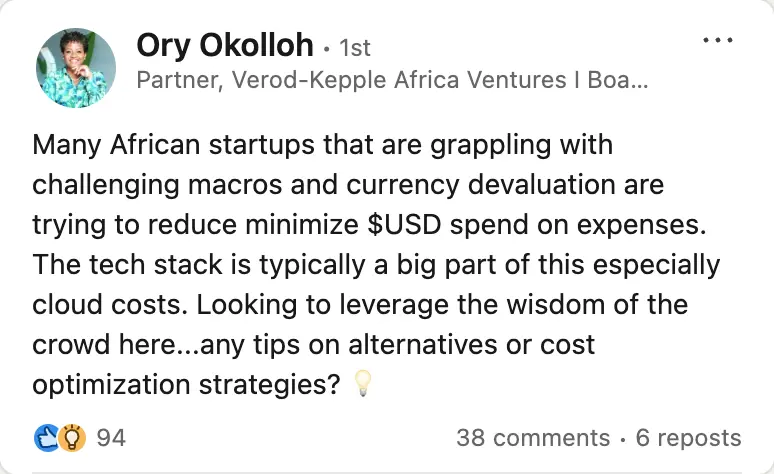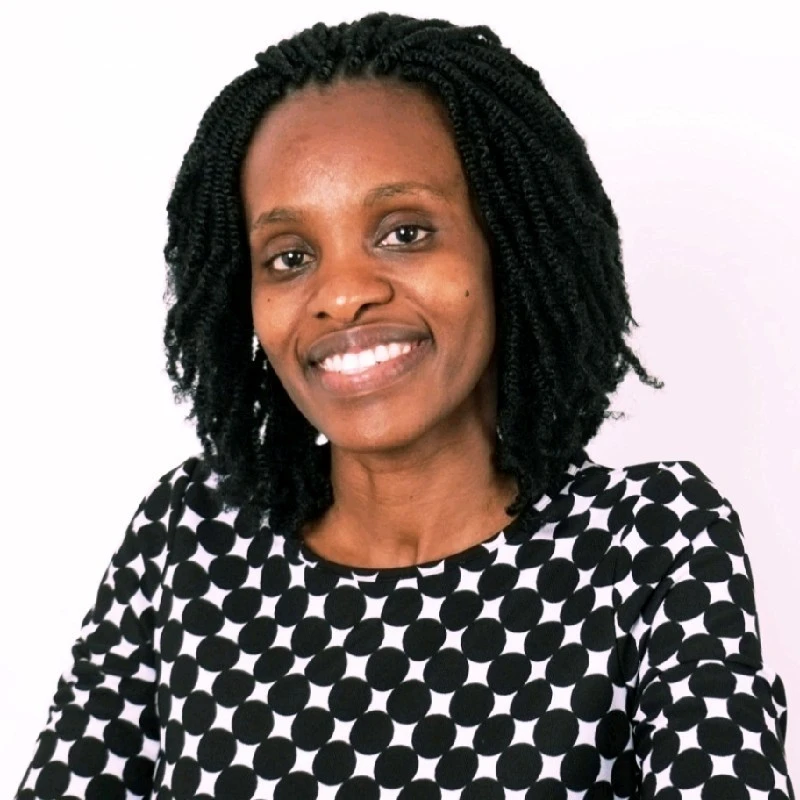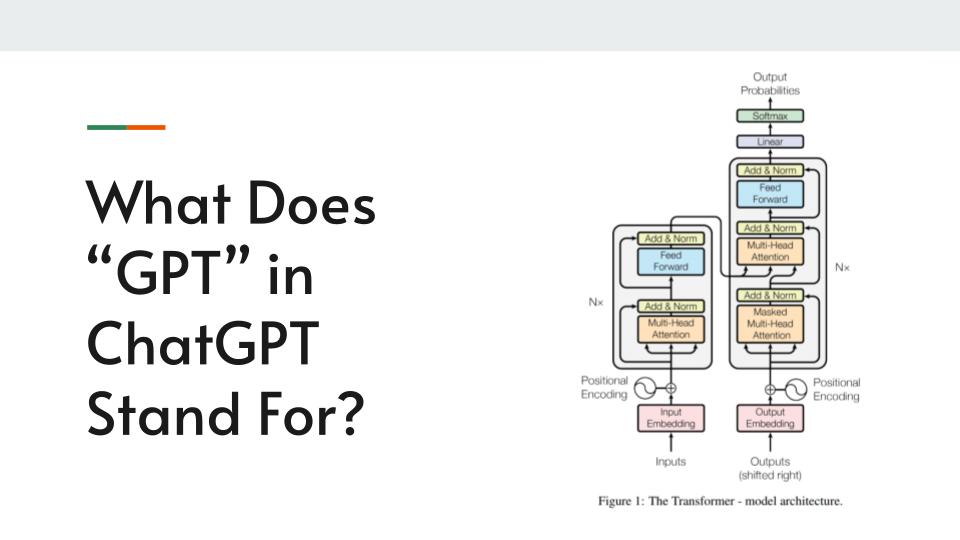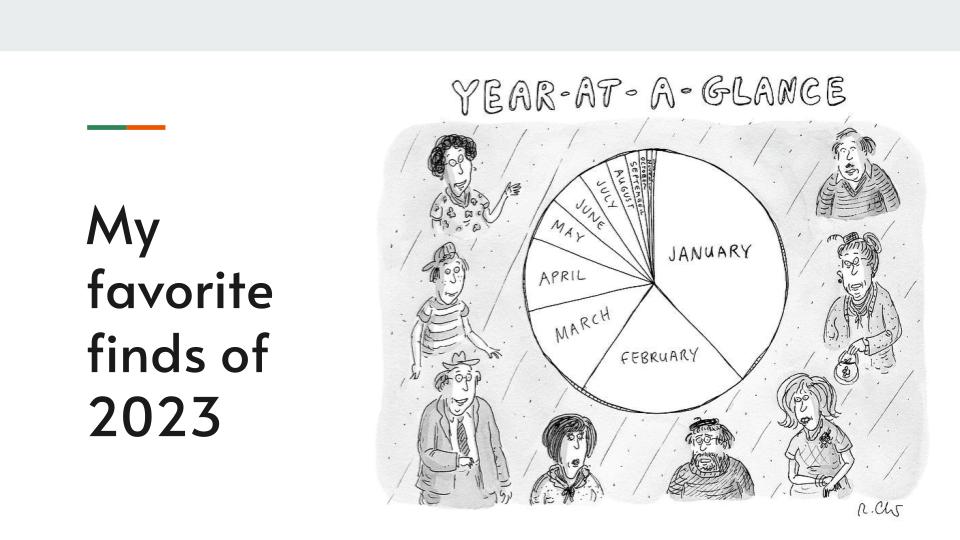"The cow gets fat from the eyes of the owner."
— Maasai Proverb
During COVID I decided to take a break from building tech and joined my brothers
to help them with their construction business. Neither event was connected, but
t'was the season and I dove in.
While software development is a young people's game, civil engineering is as old
as the earliest civilizations. When they say "Rome wasn't built in a day", they
mean it. The amount of planning, coordination, and supervision that goes into
building a house, road, or bridge is staggering. And while developing apps does
take its fair share of planning and coordination, the opportunity to learn from
a different perspective was revalatory.
When you're building a house, you can't just hope it turns out right. You have
to be there, every day, checking the progress, making sure the materials are
right, and the workers are doing their job. You have to be there to catch
mistakes early, before they become costly problems. You have to be there to
answer questions, provide guidance, and make decisions.

I learnt what BoQs are, how to read them, and how to make sure the
materials specified are the ones being used. I learnt how to read blueprints,
how to understand the different types of concrete, and how to make sure the
foundation is solid. I learnt how to manage contractors and sub-contractors, how
to keep them on schedule, and how to make sure they deliver quality work.
Undo buttons are cheap in software. In construction, they're expensive. You
can't just refactor a wall or move a foundation. You have to get it right the
first time. And to get it right, you have to be there, every day, making sure
it's done right. This is what one contractor told me: Hope is not a strategy.
